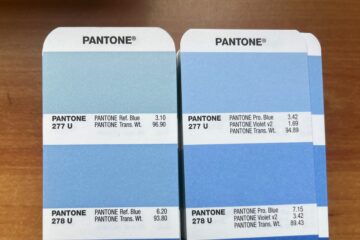In our increasingly digital world, some may think that printed medical brochures have outlived their usefulness. But research shows that even in today’s digital age, printed materials remain valuable educational tools for healthcare providers.
A study published in Advances in Therapy looked at the usefulness of printed educational brochures among health care providers (HCPs). Researchers sent a printed brochure about new and important adverse events associated with a target medication to 565 HCPs, 95% of whom had already prescribed the medication. The brochure was followed by an online survey to assess the HCP’s overall awareness of the brochure and understanding and retention of the brochure’s contents.
Of the 121 HCPs who responded to the survey, 88 (72.7%) said they had received the educational brochure. Of those who received the brochure, 95.5% stated they had at least scanned the main points. The survey included a quiz, with a passing grade of four out of five answers correct. Significantly more HCPs who received the brochure (93.2%) achieved the passing grade compared with HCPs who did not receive the brochure (57.6%).
The researchers concluded that printed brochures are effective communication tools in raising HCP awareness of new and important adverse events associated with medications, and that brochures may also be an effective channel for sharing how adverse events can be best managed and the importance of means of reporting them.

